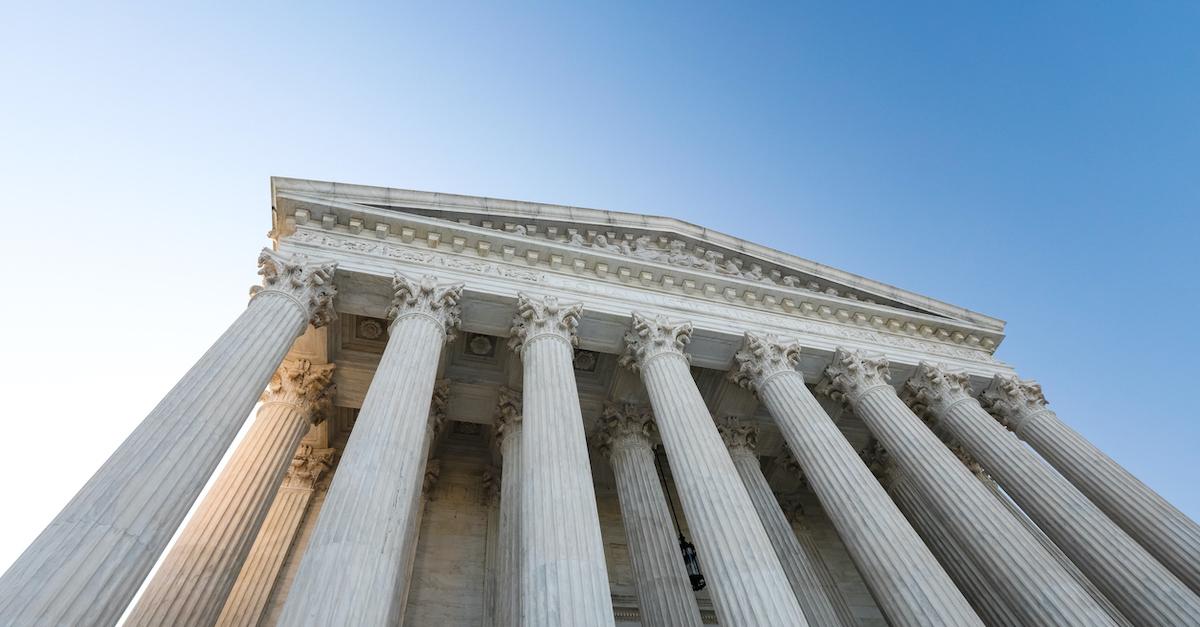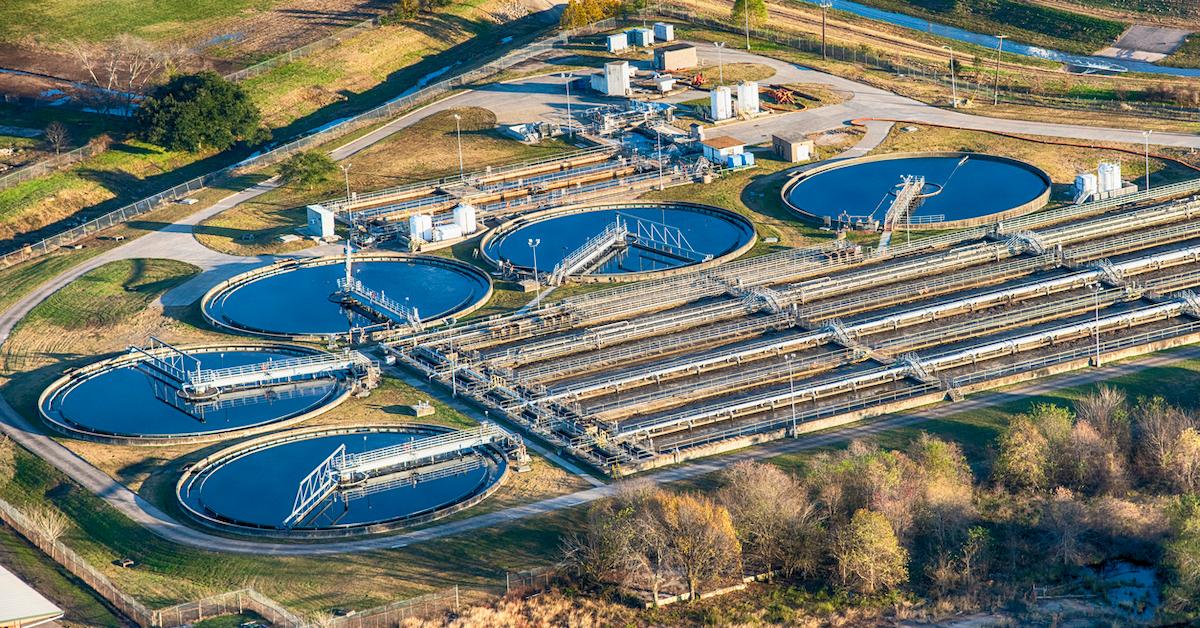The Trump Administration Faced a Serious Loss in "The Clean Water Case of The Century"
Updated April 27 2020, 9:50 a.m. ET

From rolling back regulations on the Clean Air Act to effectively dismantling Obama's Clean Power Act, the Trump Administration has been involved in too many environmental controversies to count, including one that environmental legal non-profit Earthjustice deemed "the clean water case of the century." But on Thursday, April 23, justice was finally served by the Supreme Court, and the Trump administration officially lost.
The "Clean Water Case of the Century" was infuriating to environmental advocates, as well as the entire state of Hawaii, so needless to say, we're seriously thrilled it's over — keep reading for a rundown regarding the controversy.

The case severely violated the Clean Water Act.
The legal case, officially called County of Maui v. Hawaii Wildlife Fund No. 18-260, took place in Maui County, Hawaii, according to The New York Times. Basically, a wastewater treatment plant was pumping millions of gallons of sewage into the ground, and some of it was seeping into the Pacific Ocean. Earthjustice lawyer David L. Henkin noted that realistically, it would "open a massive loophole for every polluter in the country to avoid regulation," and our oceans would continue to deteriorate.
Earthjustice brought the case to light, in tandem with a number of local environmental groups, such as Hawaiʻi Wildlife Fund, Sierra Club-Maui Group, Surfrider Foundation and West Maui Preservation Association. Local courts ruled against the defendant (the treatment plant), but bringing the case to the Supreme Court mattered most.

Earthjustice, along with the environmental advocacy groups, faced a major victory.
When brought to the Supreme Court, the environmental groups faced a major victory, with a 6-to-3 ruling, according to Eco Watch. The Ninth Circuit Court of Appeals ruled in total support of the advocacy groups, but the Supreme Court wasn't able to enforce their requested permit for any pollutants that "actually and foreseeably reach navigable surface waters," as that would include indirect circumstances such as birds carrying pollutants on their feathers, which was noted by Justice Stephen Breyer.
Environmental groups suggested some sort of permit be required, and that discharges into groundwater must be regulated in one way or another if they were considered to be basically equal to a direct discharge, which they were.

What will happen next?
In terms of what will happen next, Henkin predicts that Maui's lower court will force the factory to file for a permit, while forcing them to better protect the ocean and its environmental surroundings from harm's way — according to EcoWatch, they have already caused severe and acute, irreversible damage to a Hawaiian coral reef.
Understandably, those of us who care about planet Earth were tremendously angered by this case, and are thrilled that environmental justice was served — check out the tweets celebrating Earthjustice's victory on Twitter, below.
The Clean Water Act keeps our oceans clean, and if the Trump Administration had won this case, it would open up a dangerous pathway toward serious pollution. Needless to say, we're celebrating our clean water today, and everyday.